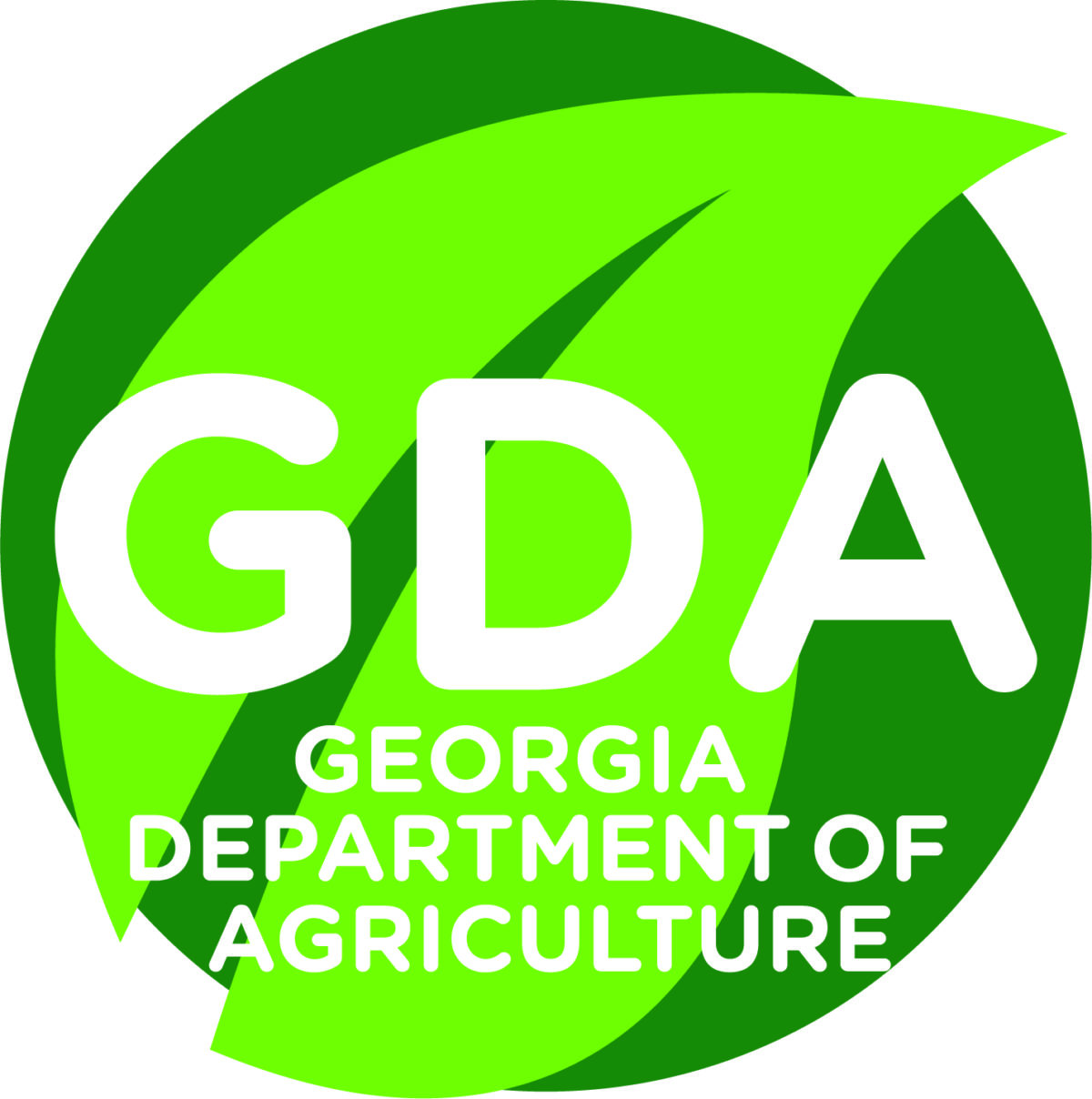ATLANTA, GA– Nominations are currently being accepted to fill five board positions of the newly created Georgia Agriculture Commodity Commission for Wine and Grapes. Persons nominated must be active producers of wine and reside in the State of Georgia. The deadline for submissions is Friday, Nov. 27, 2020. Those interested may submit a nominee information form found at agr.georgia.gov/cpf, to Andy Harrison at andy.harrison@agr.georgia.gov or by …
Very Low Prices for Georgia Pecan Producers
Georgia pecan prices remain discouragingly low for farmers as harvest season is in full swing across the state. According to the USDA Pecan Report that was released on Tuesday, ranged anywhere from 70 cents to 75 cents per pound for Stuart varieties to Sumners that were selling for $1.30 to $1.41 per pound (nut count 50-60) with meat yield 52% …
Alabama Extension Research Associate: Pecan Producers Took a Good Kick in the Guts
What was potentially Alabama’s best pecan crop in years has been drastically reduced by two hurricanes. Alabama Extension Research Associate Bryan Wilkins estimates after Hurricanes Sally (in mid-September) and Zeta (last week), the state’s crop has been reduced to about 25% or less for this year. “This was the best crop we’ve had in years. We were probably looking at …
What a Difference a Year Can Make for Vidalia Onion Producers
What a difference a year makes for Georgia’s Vidalia onion producers. Last year’s weather conditions consisted of hot temperatures when growers were planting their seedbeds. That’s not been the case this year, however. “It’s been a real quiet year. Everything’s been going very well. This time last year we were dealing with really hot temperatures, some extreme. We think the …
Alabama Extension to Host Hemp Roundtable Meetings
Alabama hemp producers looking ahead to the 2021 season are invited to participate in roundtable discussions with Alabama Cooperative Extension agents and specialists. Alabama Extension is hosting three discussion events with producers over the next three weeks, beginning this Thursday at Camp Meadowbrook in Cullman, Ala. One will be held on Nov. 13 at the Richard Beard Building in Montgomery, …
Peach Producers Have New Tools in Fungicide Toolbox
Southeast peach producers have new tools in the fungicide toolbox for the 2021 season. According to the UGA Peach Blog, Cevya, Miravis and Miravis Duo and Chairman are new products that growers need to implement in a way that will allow for efficient and protect against resistance development. University of Georgia Extension fruit disease specialist Phil Brannen said Cevya is …
Smart Irrigation Tools for Blueberry Growers
By Vasileios Liakos One of the goals of the University of Georgia College of Agricultural and Environmental Sciences (UGA CAES) is to develop new irrigation methods and tools for crops. Researchers, including myself, Erick Smith, George Vellidis and Wes Porter, have been developing smart irrigation scheduling tools for blueberry growers in Georgia since 2015. Smart irrigation is a new method …
Alabama Producers Feeling Pressure from Low Quality Hemp, Decreased Prices
Many Alabama hemp farmers are either sitting on their crop following harvest or have decided to plow their crop under, due to low quality and decreased prices, according to Katelyn Kesheimer, Auburn University Assistant Professor and Extension Specialist. “I spoke to a grower on Friday and he said he couldn’t find a processor that had the right price to make …
Is the Florida Citrus Market Bouncing Back?
Fruit prices set to return to more normal levels after lingering effects from Hurricane Irma.
Clemson Extension Agents Provide Crop Updates
Clemson Extension agents provided updates in The South Carolina Grower this week about the status of various crops being produced throughout the state. Coastal Rob Last reports, “Strawberry planting is mostly complete in the area. Plants received from nurseries have been very good this year, and establishment is progressing well. In fall vegetable crops, Southern army worms continue to be present and …










